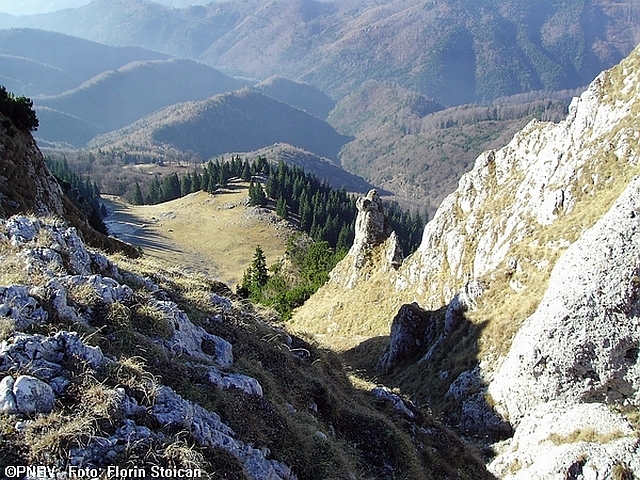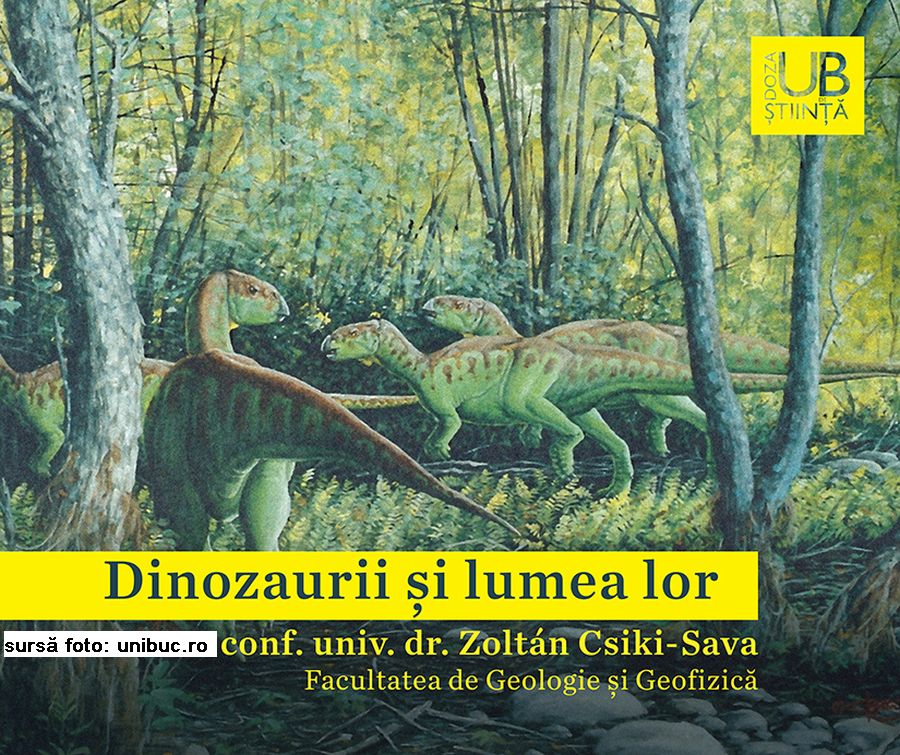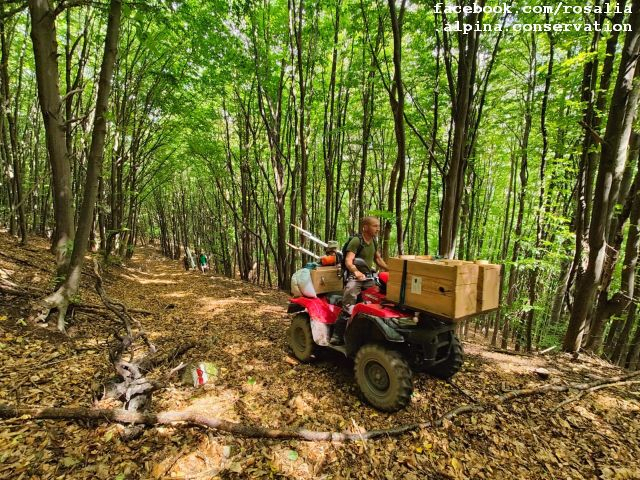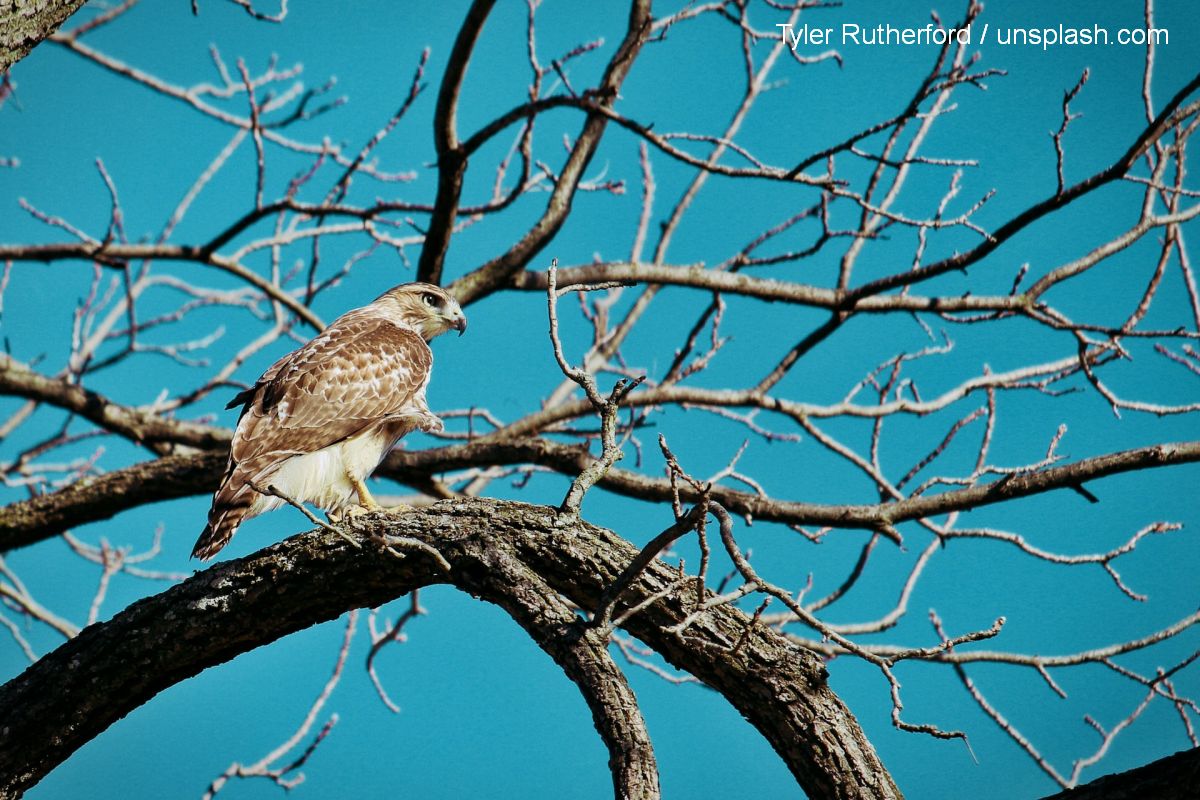The NGO’s fight to protect rivers in the Carpathian Mountains
Construction works and other interventions with a negative impact on natural eco-systems have been made in recent years on the rivers flowing in the Carpathian Mountains.

România Internațional, 25.12.2015, 14:14
Construction works and other interventions with a negative impact on natural eco-systems have been made in recent years on the rivers flowing in the Carpathian Mountains. Most of these works are related to the building of micro power plants. Investors are searching, high in the mountains, for suitable places to produce green energy, but at the high cost of destroying wild nature. Mountain biodiversity has been irreversibly affected by human intervention in other European countries, whereas Romania’s Carpathians Mountains are still boasting an incredibly rich biodiversity, with species that were once present all across the continent.
With the exception of Russia, the largest population of big carnivores in Europe is living in Romania’s Carpathian Mountains: bears, wolves, lynxes. The country also boasts large areas covered by virgin forests. Rivulets rich in all sorts of fish species are also flowing down the Carpathian Mountains. Unfortunately, the construction of micro power plants has produced devastating effects, the crystal clear water of mountain rivulets becoming a mixture of dirt, mud and stone where any form of life disappears.
The aquatic invertebrate fauna and the place where fish reproduce are affected by such works. Access routes to the rivers and rivulets are cut in the forests. Bulldozers and excavators, which are used during such works, change the ground configuration and the emergence of concrete structures and buildings discontinue natural water-courses. Habitats are fragmented and everything changes irreversibly. Profits grow when the rivers’ flowing speed is higher. More often than not, these small micro power plants are built in protected areas, or on their outskirts, that is in areas placed under the protection of the national and European legislation in the field.
Green watchdogs stand against such energy projects, which are being developed in protected areas. The Nature 2000 Coalition Federation has recently got a favorable ruling in a lawsuit against the Environment Ministry, managing to bring to a halt the building of four micro-power plants on rivers in the Tarcu Mountains (Bistra Marului, Sucu and Olteana). Liviu Cioineag, who is at the helm of this environmental coalition has further details:
This is a war that we have been waging for years, through our members, WWF Romania and the former custodian of the site, the Altitude Association in Timisoara. This association has reached the point of losing its custodian status for having given a negative opinion on the development of these energy projects. Unfortunately, the Environmental Protection Energy in Caras Severin didn’t take into consideration neither the custodian’s negative opinion, nor the notifications sent by the environment coalition and, at that point, we had to take the issue to court. The trial lasted more than a year. We got favorable rulings after each stage and, in the end, the Courts of Appeal issued an irreversible ruling, cancelling the environmental agreements on the four energy projects. These energy projects concern micro power plants that produce more than we have ever expected. They have a huge impact on the habitats situated in the proximity of rivers, riparian habitats and, unfortunately, have a low impact as energy mix, because they bring a very small amount of energy to the national grid.”
The Tarcu Mountains make up a compact natural area, without human settlements, with the exception of Poiana Marului and of the Muntele Mic resort. Over 10,000 hectares are covered by virgin forests and 2,000 others by trees aged between 165 and 185 years. The area has been designated a site of community importance for the protection of some species and vulnerable habitats specific to rivers, including speeches of fish, crayfish and beaver, protected both in Romania and in the whole of Europe. Fish can also suffer because of habitat changes. In order to develop, they need a relatively high volume of water and an equally rich diversity of micro-habitats. That is why micro-power plants pose a real threat to fish. Liviu Cioineag:
”When the projects are completed, we notice that they don’t use only water-powered turbines, but also huge pipes, which cross the riverbed, stretching across several kilometers. When making the constructions, trees are inevitably cut down, landscapes are destroyed, just like plants, animals, and all species of fish, because there are places where the rivers are completely drained. I don’t know if you have ever seen a completely drained river, with only stones left behind. This happens when a micro power plant is built upstream, and it took all the water to produce energy. If such projects are approved and carried through, then they leave behind completely drained rivers.”
There are several micro power plants on the rivers flowing in the Tarcu Mountains. They were built in the past years, when the implementation of the European legislation was in its early stage and nobody was able to anticipate the huge impact they would have on rivers. Liviu Cioineag:
“Although such investments are no longer approved in the West, because they have proven useless, the impact on the environment is huge, whereas the energy output is low. Investors continued to come to Romania, to areas that have been never explored so far, and they have chosen precisely mountain rivers because the water fall is higher. They have a rather low flow but high power, a big fall and consequently, with a rather small investment they manage to carry out a project which brings a lot of money to investors, thanks to the subsidies they receive and not to the energy they produce. These subsidies are actually offered from our pockets, as it is us who pay the electricity bills. We also pay green certificates, which are also benefitting these investors, who, theoretically speaking, produce green energy.”
Several rivers in the Retezat Mountains, which host the oldest National Park in Romania and a Natura 2000 site, have already been affected, with their courses changed because of water adductions. In other counties across Romania, both the local population and public institutions properly understood the issue and stood against investments in micro power plants. Alongside them, environmentalists have organized seminars and conferences with the aim of stopping the construction of micro power plants. So far, some 200 micro power plants have already been built on the rivers in the Carpathians.






























